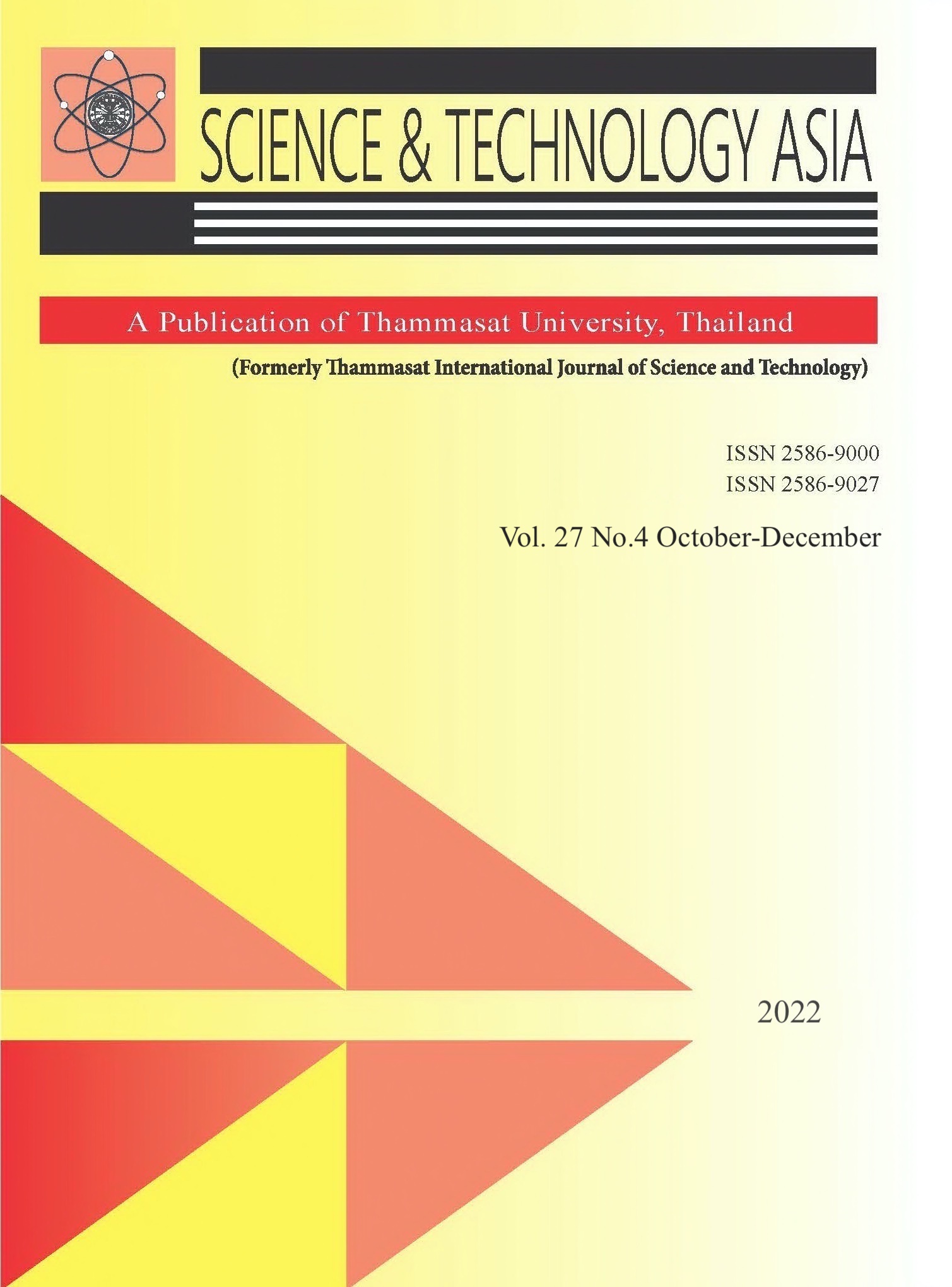Cardiovascular Risk Factors Predicted MACE Outcomes in Chronic Total Occlusion Patients Undergoing Percutaneous Coronary Intervention at Thammasat University Hospital
Main Article Content
Abstract
Revascularization of chronic total occlusion (CTO) lesions by percutaneous coronary intervention (PCI) has high difficulty and associated morbidity and mortality. The benefits of successful CTO-PCI and what factors confer poor outcomes are not well studied. There have been some large- scale studies on the efficacy of recanalising CTO lesions but most were not done in Thailand. This study aimed to find cardiovascular risk factors and their characteristics which predict major adverse cardiovascular and cerebral event (MACE) outcomes in relation to PCI of CTO lesions and investigate whether successful CTO-PCI can affect MACE outcomes. In total, 84 patients were consecutively enrolled. The majority of the study population was male (64.3%) with a mean age of 65.3±10.8 years old. Eighty-five percent had multivessel disease (syntax score 23.8± 7.6) and most of the CTO lesions were complex (CTO J-score 2.7 ± 0.8) . There were 60 cases (71.4%) of successful CTO-PCI. The overall MACE rate was 32.1%. After a 1-year follow-up, the successful CTO-PCI group showed a lower rate of MACE outcomes than the failed PCI group on all parameters. From this, it is concluded that CTO-PCI success is a predictor of lower MACE outcome rates. Predictors of MACE outcomes were reduced LVEF < 40%, CTO of left anterior descending artery, previous stroke and a CTO J-score of more than 3.
Article Details

This work is licensed under a Creative Commons Attribution-NonCommercial-NoDerivatives 4.0 International License.


